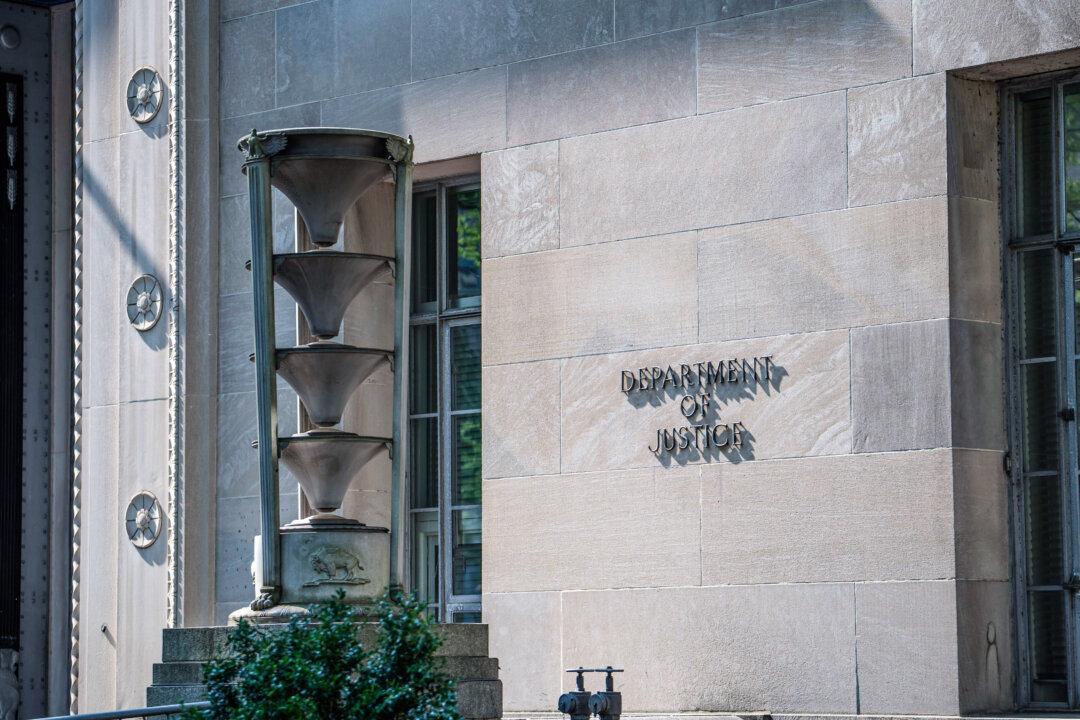A Georgia man pleaded guilty on Oct. 30 for his involvement in a scheme to launder millions in illicit drug proceeds for Mexican cartels, according to the Department of Justice (DOJ).
Li Pei Tan, 46, of Buford, and his co-conspirator, Chaojie Chen, 41, a Chinese national from Chicago, were arrested earlier this year. Before their arrests, they traveled throughout the United States to collect money from trafficking fentanyl, cocaine, and other drugs, the DOJ stated.





